New Hope for SPG47: BlackfinBio’s BFB-101 Gene Therapy Advances with FDA Approval
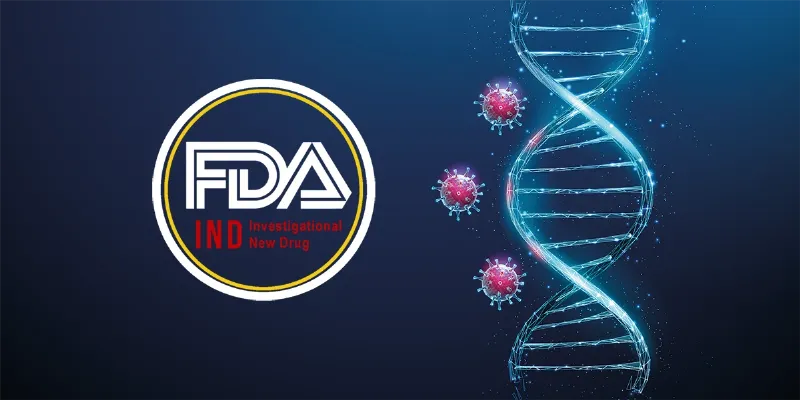
The US FDA has cleared the investigational new drug (IND) application to begin clinical trials for BFB-101, a novel gene therapy targeting the rare neurological disease Hereditary Spastic Paraplegia Type 47 (SPG47). This marks a significant milestone for a condition that, until now, has lacked any meaningful therapeutic intervention.
BlackfinBio has announced that the U.S. Food and Drug Administration (FDA) clearance to begin a Phase 1/2 trial of BFB-101, an adeno-associated virus (AAV) gene therapy for Hereditary Spastic Paraplegia Type 47 (SPG47). Administered via intracisternal magna injection, BFB-101 delivers a functional AP4B1 gene to target the root cause of the disease. The trial at Boston Children’s Hospital will focus on safety, motor function, and quality of life improvements.
SPG47 is a devastating autosomal recessive disorder characterized by progressive lower-limb spasticity, severe developmental delays, and intellectual disability beginning in early childhood. At the molecular level, the disease stems from pathogenic mutations in the AP4B1 gene, leading to impaired intracellular transport critical for neuronal function. With no current treatments available, families have long faced a clinical landscape dominated by symptomatic care alone.
Dr. Darius Ebrahimi-Fakhari, Principal Investigator at Boston Children’s Hospital, underscored the urgent need for such innovation: "As clinicians, we see firsthand the impact of this disorder and the urgency for effective treatments. BFB-101 represents a promising gene therapy candidate, and this trial is a critical step toward delivering meaningful change for patients and families affected by AP-4-associated hereditary spastic paraplegia and related conditions.”
BFB-101, an adeno-associated virus (AAV) gene therapy, was engineered to address the disease at its root. By delivering a functional copy of the AP4B1 gene directly to the central nervous system, the therapy aims not merely to slow progression, but potentially to restore lost function. Preclinical data are promising: laboratory models have shown restoration of AP-4 complex activity and significant improvements in motor function among AP4B1 mutant mice.
“Having overseen this therapeutic innovation from discovery stage, it is a huge source of excitement to reach this important FDA IND milestone. Given the incredibly high unmet need for children with this devastating condition, we are on a mission at BlackfinBio to transform treatment options for these young lives,” said Professor Mimoun Azzouz, Founder and Chief Scientific Officer of BlackfinBio.
The Phase 1/2 clinical trial, set to launch at Boston Children’s Hospital later this year, will be an open-label, single-center study evaluating both safety and early signs of efficacy. Up to five children with genetically confirmed SPG47 will receive a single dose of BFB-101 via intracisternal magna (ICM) injection — a direct delivery into the cerebrospinal fluid at the base of the brainstem, a method known for facilitating widespread distribution in the central nervous system.
"The FDA’s clearance of the BFB-101 IND is an important milestone for our rare neurological disease program and the company," said Peter Nolan, Founder and CEO of BlackfinBio. "We look forward to initiating enrollment in the U.S. later this year and are working closely with the investigator team at Boston Children’s Hospital to evaluate the therapeutic utility of this gene therapy in children with SPG47.”
The therapy’s development journey began under the guidance of Professor Mimoun Azzouz at the University of Sheffield, supported by Cure AP-4, a patient-driven initiative. Partial funding from the European Union’s Horizon 2020 research and innovation program also played a role, supporting crucial work on AAV9 capsid synthesis for immune response studies.

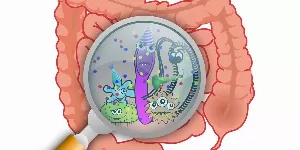



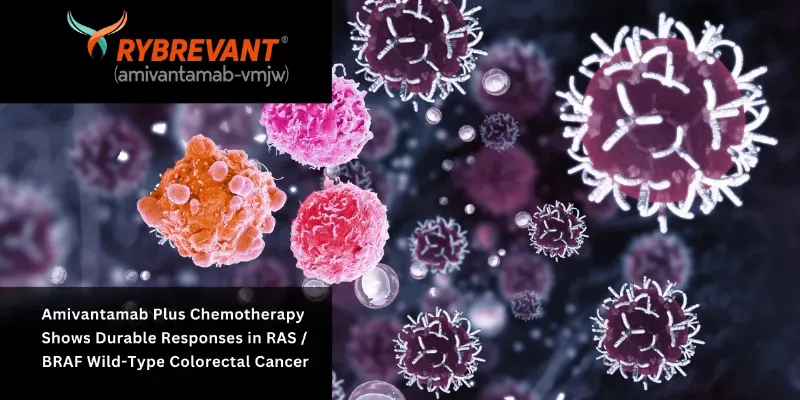
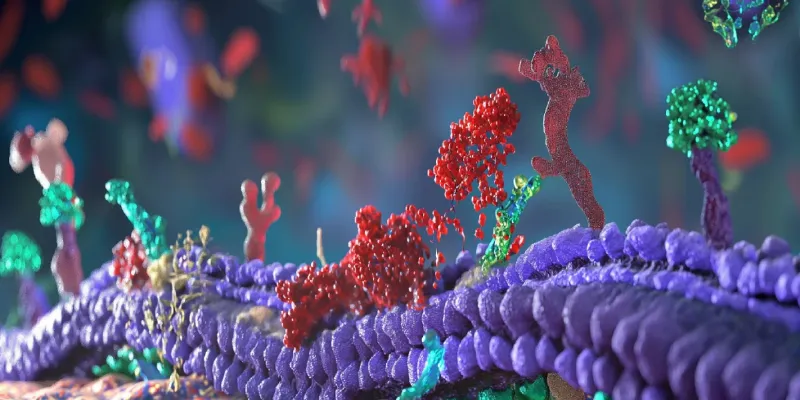
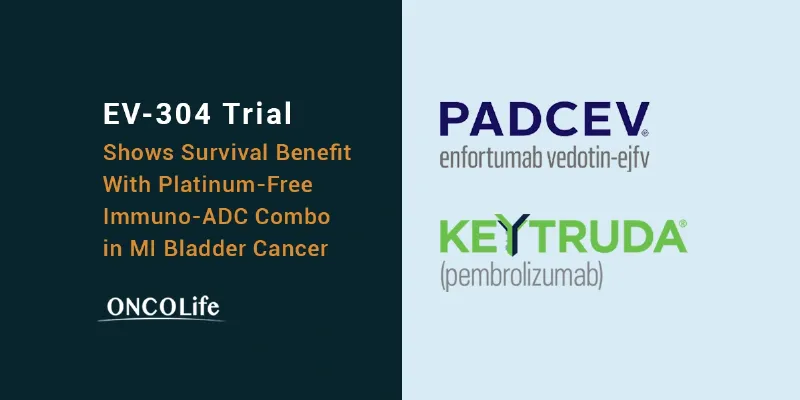
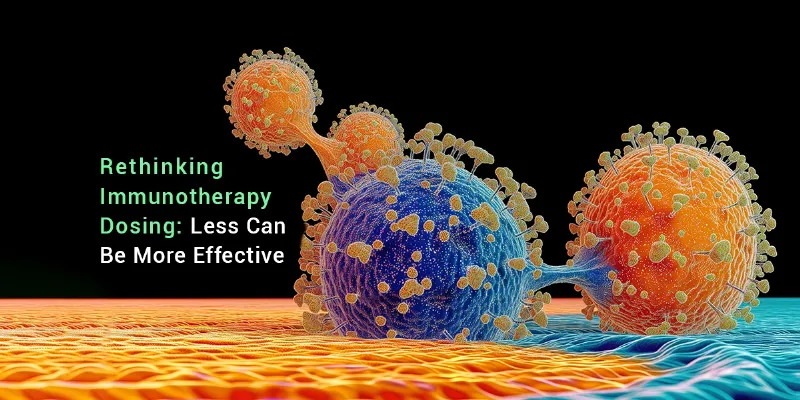
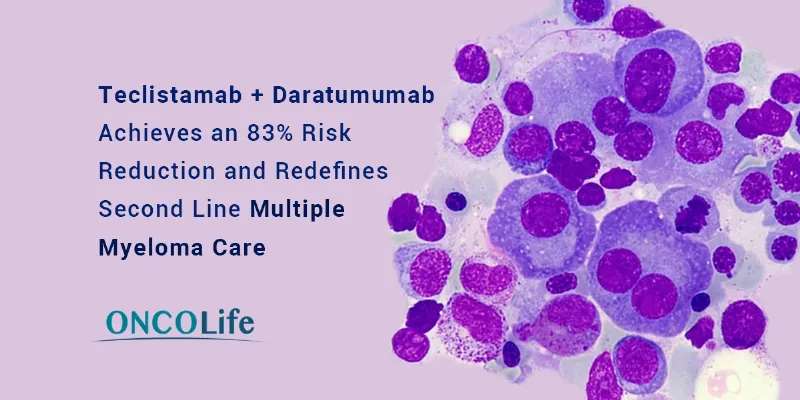
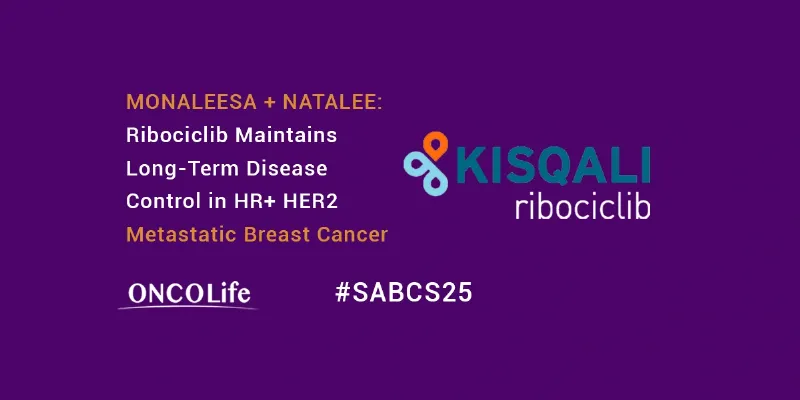
Comments
No Comments Yet!